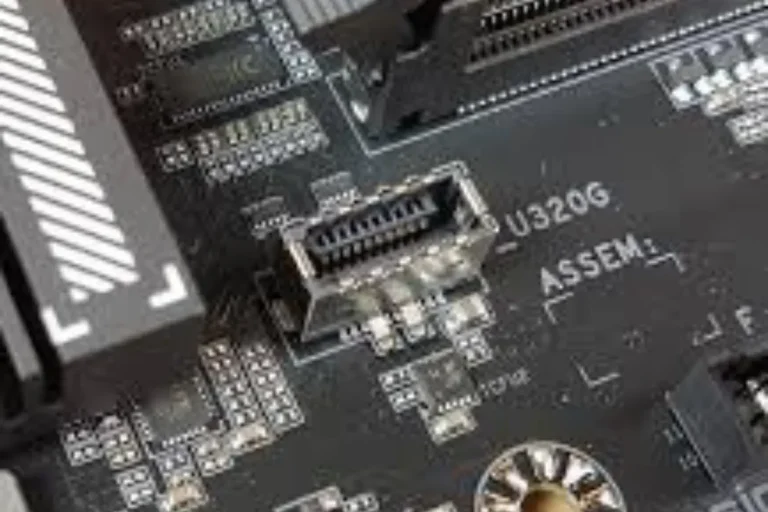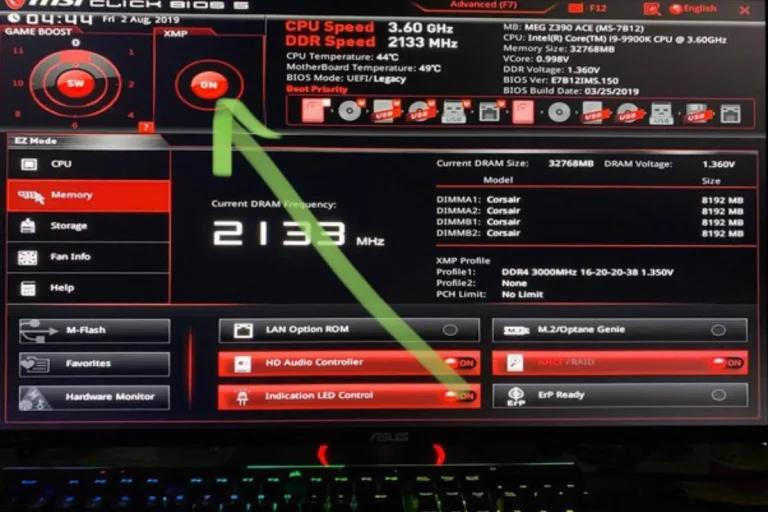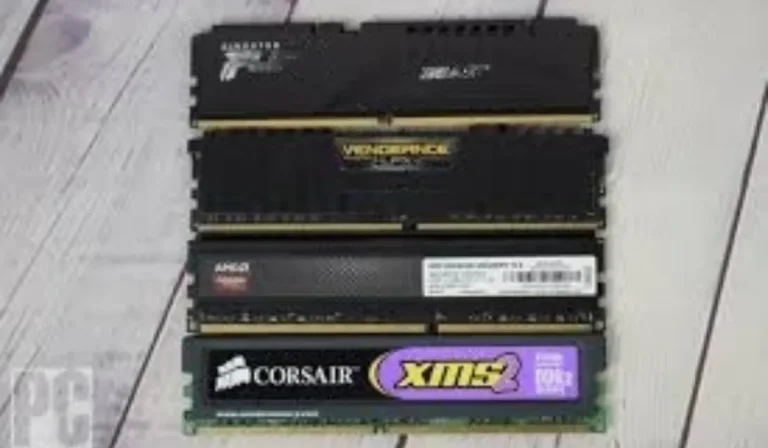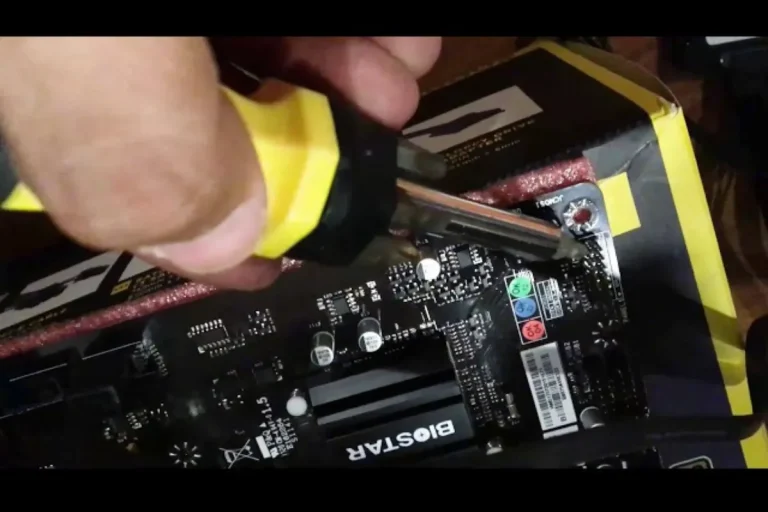Can I use ECC memory on a non-ECC motherboard?
It’s a common question for computer enthusiasts looking to optimize their system’s performance. In this blog post, we’ll dive into the world of ECC memory, explaining what it is, how it differs from regular memory, and whether it’s possible to use it on a non-ECC motherboard.
Non-ECC Motherboards
Non-ECC motherboards are a common choice for many computer users due to their affordability and availability. However, it’s important to understand their compatibility with different types of memory and the limitations they possess when it comes to error detection and correction.
When it comes to non-ECC motherboards, they are designed to work with standard, non-ECC memory modules. These modules are widely available and come in various capacities and speeds, making them suitable for a wide range of computing needs.
Non-ECC memory is more affordable compared to ECC memory, making it an attractive option for those on a budget. However, it’s crucial to note that non-ECC motherboards lack the specialized circuitry required for error detection and correction.
Unlike ECC memory, which includes extra chips to detect and fix errors in real time, non-ECC memory does not have this capability. As a result, any errors that occur during data transmission or storage may go undetected and uncorrected.
This limitation can have consequences in terms of system stability and data integrity. While non-ECC memory can still perform well for everyday computing tasks, it may be more prone to occasional data errors or crashes.
For critical applications that demand high reliability, such as servers or workstations handling important data, ECC memory, and compatible motherboards are highly recommended.
Compatibility Issues
When it comes to using ECC memory on a non-ECC motherboard, there are certain compatibility issues to consider. In this section, we’ll delve into the technical requirements for ECC memory to function properly and explore the differences between ECC and non-ECC memory slots and modules.
For ECC memory to work effectively, it requires a motherboard that specifically supports ECC functionality. This means the motherboard must have ECC-capable memory slots and a compatible chipset.
Without these essential components, ECC memory will not be able to perform its error detection and correction functions. One key difference between ECC and non-ECC memory is the presence of an extra chip on the ECC modules.
this extra chip allows ECC memory to detect and correct single-bit errors, providing an additional layer of data integrity. Non-ECC memory modules lack this additional chip, making them incapable of error detection and correction.
Furthermore, the physical slots on the motherboard also differ for ECC and non-ECC memory.
ECC memory modules have additional pins that are not present on non-ECC memory modules. As a result, ECC memory cannot be inserted into non-ECC memory slots, and vice versa.
It’s important to note that attempting to use ECC memory on a non-ECC motherboard may result in compatibility issues and potentially cause system instability. It’s always recommended to consult the motherboard’s specifications and manufacturer’s guidelines to ensure proper compatibility between the motherboard and memory modules.
Potential Risks and Drawbacks
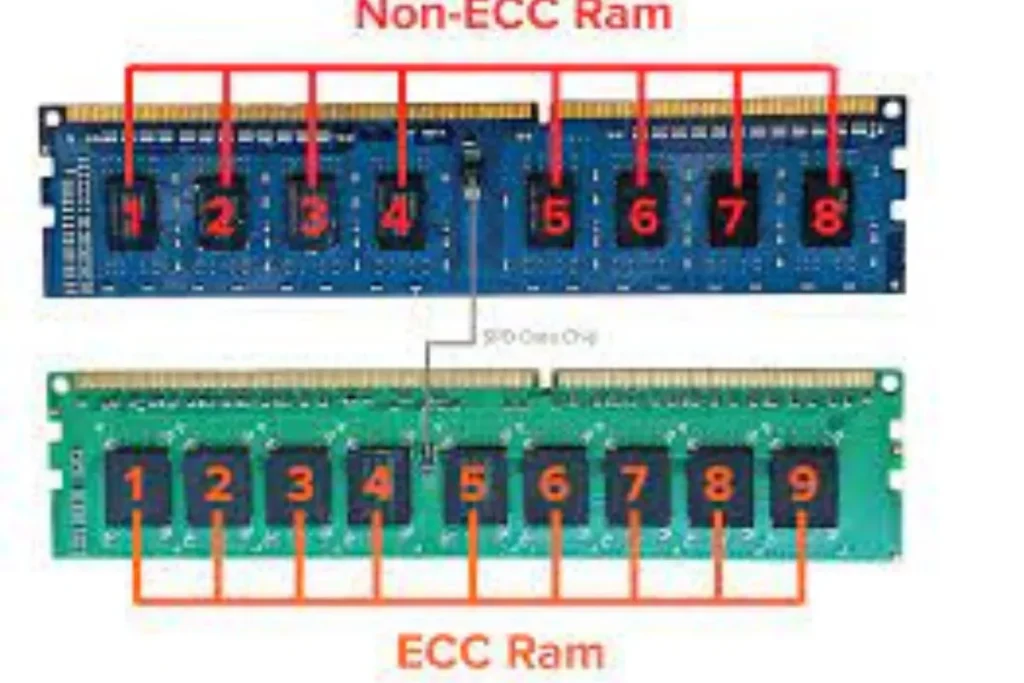
Using ECC memory on a non-ECC motherboard may seem like a feasible option for some users, but it’s important to understand the potential risks and drawbacks associated with this configuration.
In this section, we’ll address the potential risks of using ECC memory on a non-ECC motherboard and discuss the impact it can have on system stability and performance.
One of the main risks of using ECC memory on a non-ECC motherboard is the lack of compatibility.
ECC memory requires a motherboard that specifically supports ECC functionality, including ECC-capable memory slots and a compatible chipset. Without these essential components, ECC memory may not function properly or may not be recognized by the motherboard at all.
Another significant risk is the impact on system stability. Non-ECC motherboards are not designed to handle the error detection and correction functions of ECC memory. As a result, using ECC memory on a non-ECC motherboard may lead to system instability, crashes, and unexpected errors.
This can be particularly problematic for users who rely on their systems for critical tasks or data-intensive applications. Additionally, the performance of ECC memory on a non-ECC motherboard may be compromised.
ECC memory modules have additional chips that handle error detection and correction, which can result in slightly higher latency compared to non-ECC memory modules. When used on a non-ECC motherboard, this additional latency may further affect system performance and responsiveness.
It’s essential to consider these potential risks and drawbacks before attempting to use ECC memory on a non-ECC motherboard. If error detection and correction are crucial for your computing needs, it’s recommended to invest in a motherboard specifically designed for ECC memory support to ensure optimal system stability and performance.
Frequently asked question
1. Can I use ECC memory on a non-ECC motherboard?
Yes, it is possible to use ECC memory on a non-ECC motherboard. However, compatibility can be an issue, and the full benefits of ECC memory may not be realized without proper support.
2. What are the benefits of using ECC memory on a non-ECC motherboard?
Using ECC memory on a non-ECC motherboard can still provide some advantages, such as improved error detection and increased data integrity. ECC memory can help identify and correct certain types of memory errors, reducing the risk of system crashes and data corruption.
3. Will ECC memory improve system stability on a non-ECC motherboard?
While ECC memory can enhance system stability on a non-ECC motherboard to some extent, it may not be as effective as when used on a compatible ECC motherboard. The lack of proper support may limit the error correction capabilities of ECC memory.
4. Are there any scenarios where the benefits outweigh the compatibility issues?
In certain situations, the benefits of using ECC memory on a non-ECC motherboard may outweigh the compatibility issues. For example, if you have ECC memory modules available and want to enhance error detection capabilities.
5. What other factors should I consider when using ECC memory on a non-ECC motherboard? When using ECC memory on a non-ECC motherboard, it’s important to consider factors like system stability, performance impact, and the level of error detection required for your specific computing needs.
Conclusion
Yes, you can use ECC memory on a non-ECC motherboard, but it’s important to be aware of the compatibility issues. While it may provide some benefits like improved error detection, the full advantages of ECC memory may not be realized without proper support. So, tread carefully and consider your specific needs before making a decision.
